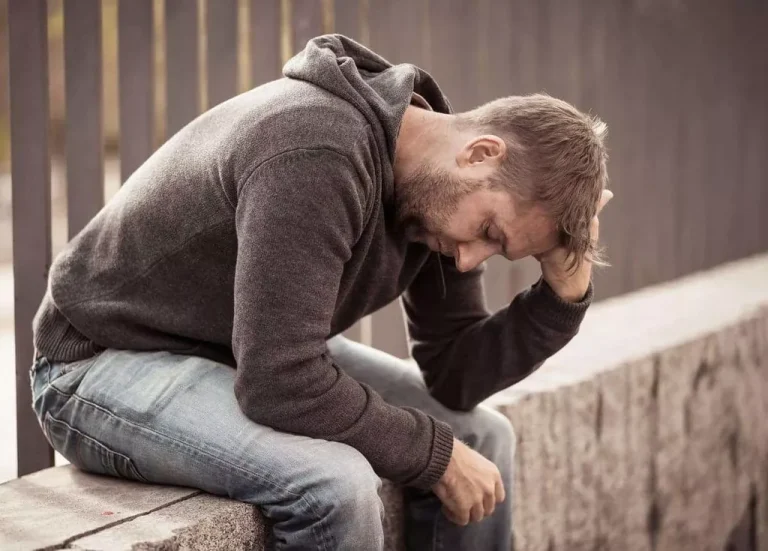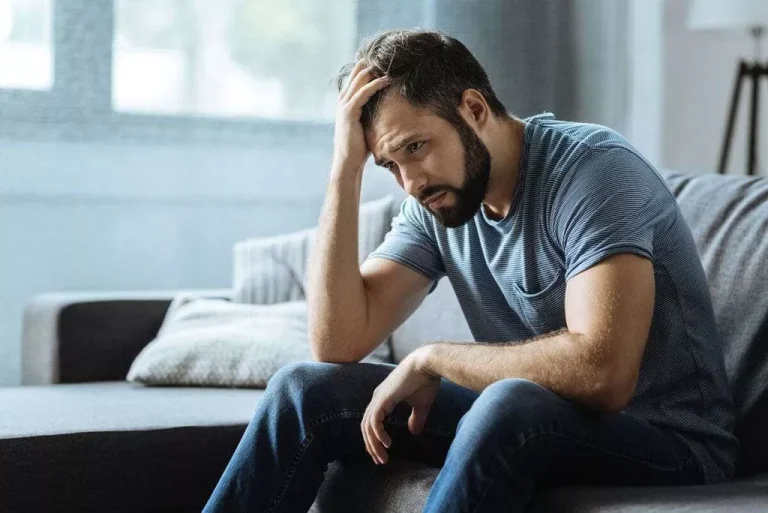4 Ways Your Nightly Booze Affects Your Sleep and What You Can Do About It
How Is Digital Twin Revolutionizing The Automotive Industry?
28/12/2022“mostbet Türkiye Arşivleri Turkvent Klima Havalandırm
08/01/2023But alcohol isn’t a good sleep aid, and relying on something to get to sleep doesn’t feel great. The only people who should avoid napping are those who have trouble sleeping at night, Maas said. Senior citizens in particular should be vigilant because they tend to nap for too long during the day. Experts say short naps don’t interfere with nighttime sleep, as long as they’re not too late in the day. Aim for taking a nap around 6 or 7 hours after waking up, and try to nap at the same time every day.

What Do We Really Think of Later School Start Times?

Almost one-quarter of respondents say they sleep better if they stop drinking 3-4 hours before bedtime, and 23% say the same if they stop drinking 1-2 hours before bed. About 40% say they notice an impact on their sleep after 3-4 drinks. Alcohol is highly effective at suppressing melatonin, a key facilitator of sleep and regulator of sleep-wake cycles. Research indicates that a moderate https://ecosoberhouse.com/ dose of alcohol up to an hour before bedtime can reduce melatonin production by nearly 20 percent. Alcohol has a direct effect on circadian rhythms, diminishing the ability of the master biological clock to respond to the light cues that keep it in sync. Those effects of alcohol on the biological clock appear to persist even without additional drinking, according to research.
The Structural Inequality of Sleep: An Interview With Dr. Dayna Johnson
- Add to that the thirst too keeping you awake, you must be suffering pretty chronic sleep deprivation.
- Consulting a sleep specialist, exploring therapy options, and considering medication as a last resort are three avenues to consider.
- The National Sleep Foundation recommends keeping your room cool, since temperature (external and internal) is a major player in falling asleep.
- Sweating in sleep after drinking is a common issue that may persist or even intensify during the initial days of sobriety.
- If you have an alcohol dependence problem, you could be going through withdrawal.
Trying the methods above can increase the chance of falling asleep without needing to use any sleep aids. Getting to sleep naturally is the best way to ensure that the mind and body get the rest they need. Drinking large amounts of alcohol before bed can have an adverse impact on sleep. The National Sleep Foundation recommends that to get a good night’s sleep, people may want to sleep on a mattress and pillows that are comfortable and supportive. This involves breathing in for 4 seconds, holding the breath for 7 seconds, and exhaling for 8 seconds.

Remedy #6: Kava
Individual health factors and genetics also play a role in sleep recovery. Some people may have naturally resilient sleep patterns that bounce back quickly, while others may struggle with sleep issues even before alcohol use. Underlying health conditions, such as depression, anxiety, or sleep disorders, can also impact the recovery process. Such problems how to fall asleep without alcohol can persist for some time even after you decide to quit drinking. In fact, difficulty sleeping is one of the most common alcohol withdrawal symptoms and one that causes many to relapse. More than 70% of those with alcohol use disorder (AUD) also experience alcohol-induced sleep disorders, such as insomnia, according to scientists in a 2020 review.

Use a comfortable bed
- Many individuals experience better physical health, improved mental clarity, and a greater sense of emotional well-being.
- To combat this, the Sleep Foundation suggests switching to low-watt light bulbs by your bed and, to stay asleep, installing light-blocking curtains to stay asleep past sun-up.
- As your body metabolizes the alcohol, the excitatory nerves rebound.
- Your brain spends more time in this stage of sleep than in other stages.
- Studies have shown that daytime alertness decreases the day following a night of heavy alcohol consumption.
- More research is needed into the best sleep aids for those with alcohol abuse problems, though.
- “Different types of relaxation, such as progressive muscle relaxation and guided imagery, bring about a relaxed state of mind that is more conducive to falling to sleep,” explains Dr. Drerup.

